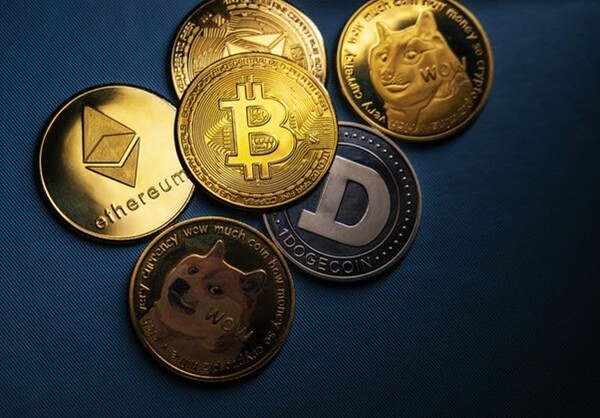Virtual Asset Wealth in South Korea: A Snapshot
Recent data from Upbit and Bithumb, two of South Korea's leading virtual asset exchanges, reveals a fascinating distribution of wealth among different age groups. As of the end of last year, a total of 3,759 individuals held virtual asset accounts exceeding 1 billion won (approximately $769 million). This data, which combines the top two virtual asset exchanges that account for about 90% of the market share, offers significant insights into the wealth distribution among various age groups in South Korea.

The Young Investors
Among these high-value account holders, 185 individuals are in their 20s, collectively holding approximately 967.2 billion won in virtual assets. This means each individual in this age group holds an average of 5.2 billion won. An industry insider commented, "It is possible that many individuals in their 20s, who have inherited substantial assets from their parents, have diversified their investments into various assets, including virtual assets. There is also the possibility that they have succeeded as professional investors, increasing their assets to over 1 billion won."
The Middle-Aged Dominance
However, the age group with the largest number of individuals holding accounts exceeding 1 billion won is those in their 40s, totaling 1,297 individuals. The total value of virtual assets held by this group is worth 12.0497 trillion won, with each individual holding an average of 9.29 billion won. In terms of the amount held, the largest holders are in their 50s. While the number of individuals in their 50s holding accounts exceeding 1 billion won is slightly lower at 930, the total value of virtual assets they hold is 13.82 trillion won, the highest among all age groups. Each individual in their 50s holds an average of 14.86 billion won in virtual assets.
Regulatory Oversight and Market Trends
The data also highlights that there are a total of 7.7 million active virtual asset accounts operated by Upbit and Bithumb, with the average amount held in these accounts being 8.93 million won. This indicates a significant engagement with virtual assets among the general population, beyond just the high-value account holders. Representative Ando Geol emphasized the need for regulatory oversight, stating, "Efforts by government authorities are necessary to ensure that virtual assets, which have established themselves as a common alternative investment asset, can be managed transparently and systematically."
The prominence of virtual assets in South Korea's financial market is underscored by the dominance of Upbit and Bithumb, which together hold a 90% market share. This reflects a broader trend of increasing interest in cryptocurrencies and blockchain technology as viable investment vehicles. The substantial holdings among younger individuals suggest a shift in investment strategies, possibly influenced by generational wealth transfer and a keen interest in diversifying portfolios.






Comments